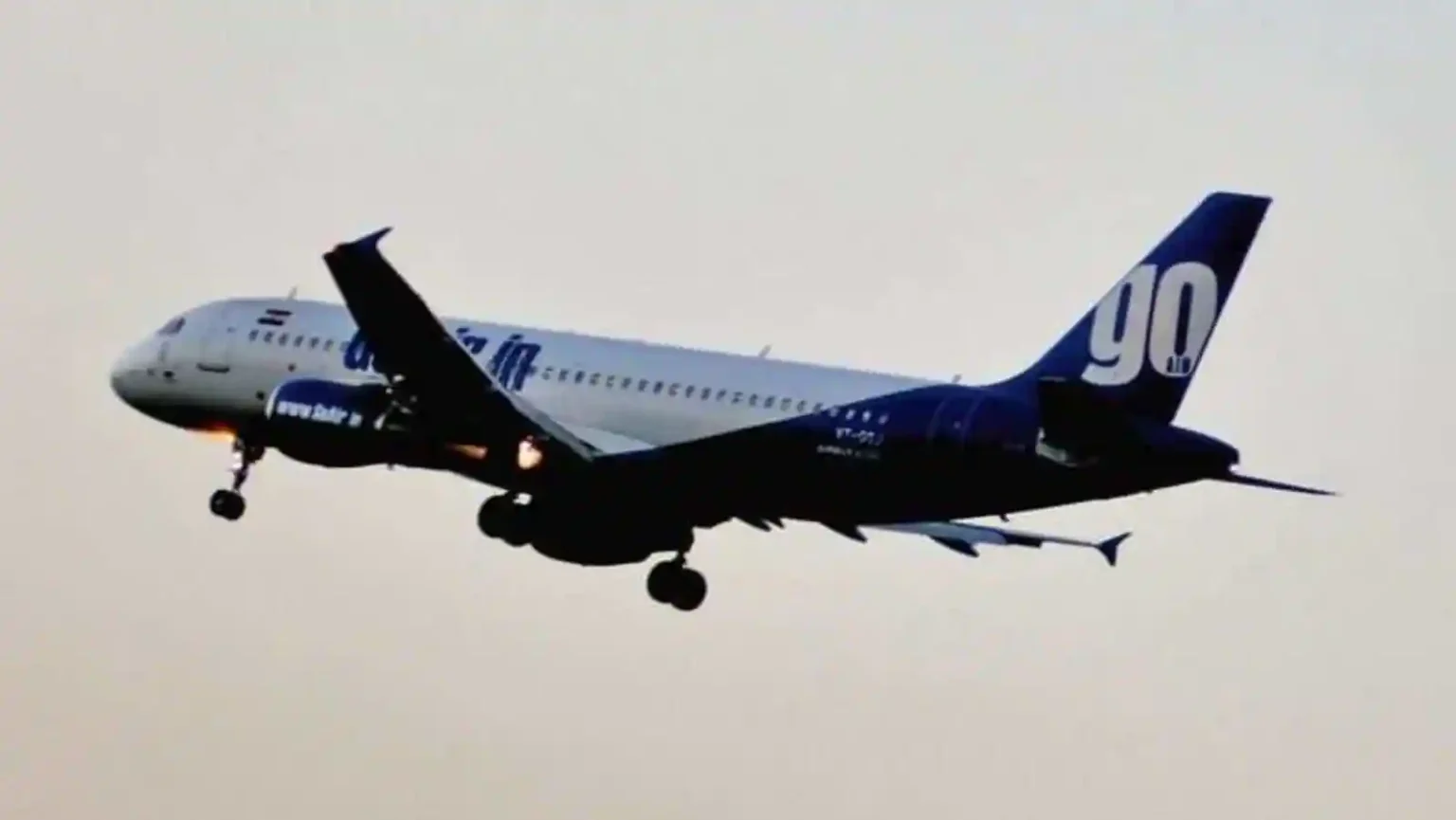India’s Wadia group to invest 510 crores into its Go First Airlines with plans to go public shortly

Wadia Group, through its Baymanco Investments subsidiary domiciled in Mauritius, has decided to inject Rs 510 crore into its airline Go First to cover its “working capital requirements” and for “general corporate objectives.”
Loan proceedings

To address its financial need in 2022–23 (FY23), Go First has applied for at least two loans totaling Rs 203.5 crore through the government’s Emergency Credit Line Guarantee Scheme.
Go First, which plans to go public shortly, stated in October that the several waves of Covid-19 that disrupted air traffic and the US-based Pratt & Whitney’s (P&W) delay in providing engines caused its net loss to more than treble to Rs 1,807,91 crore in 2021–22.
In 2020–21 and 2019–20, the company lost 870.48 crore rupees and 1,270.92 crore rupees, respectively.
Go First proposed to “raise funds by way of 0.01 percent mandatory convertible preference shares (CCPS) of the company, with a face value of Rs. 10 each, aggregating to At its extraordinary general meeting on December 16, the company decided to raise 510 crores on a preferential basis through a private placement, through two distinct issuances and allotments.
Issuing CCPS
According to corporate records analyzed by the publication, these CCPS will be given to Baymanco Investments, a Wadia Group entity, within a year.
After being issued, the CCPS will be convertible into equity shares at Rs 75 per equity share after five years, which entails that 15 CCPS with a face value of Rs 10 each will become two equity shares with a face value of Rs 10 each.
According to the filings, the company “intended to use the cash raised through CCPS towards requirements in working capital and other corporate purposes.”
According to the documents, the company’s authorized share capital, which was previously 50 crores (45 million in equity share capital and 50 million in preference share capital) was increased to 960 million (450 million in equity share capital and 510 million in preference share capital) to accommodate the proposed CCPS issuances.
The fleet of Go First consists of 57 aircraft. Due to P&W’s delays in supplying engines, about 40% of it is currently on the ground.
Because of this, Go First only operates 1,359 flights per week, or 50% less than it did in December 2021, as per aviation analytics firm Cerium.
Go First said in October that the “severe” effects of the Omicron wave on international travel and the “unexpected” Russia-Ukraine war caused the delay in its planned initial public offering (IPO) to generate Rs 3,600 crore.
DELAY IN IPO PROCESS

The airline had said that it would “re-start the IPO process in cooperation with the book-running lead managers based on market possibilities.”
Indian airlines have been impacted in FY23 by the depreciating rupee and increased costs for aviation turbine fuel (ATF).
Because of the Russia-Ukraine War situation, growing passenger traffic has also resulted in a large increase in ATF costs in India in FY23.
The financial viability of airlines is impacted by the cost of ATF, which accounts for around 40% of their total operating expenses.
Since airlines must pay monthly lease rental sums to their aircraft lessors in US dollars, the rupee’s decline over the previous few months has affected them.













